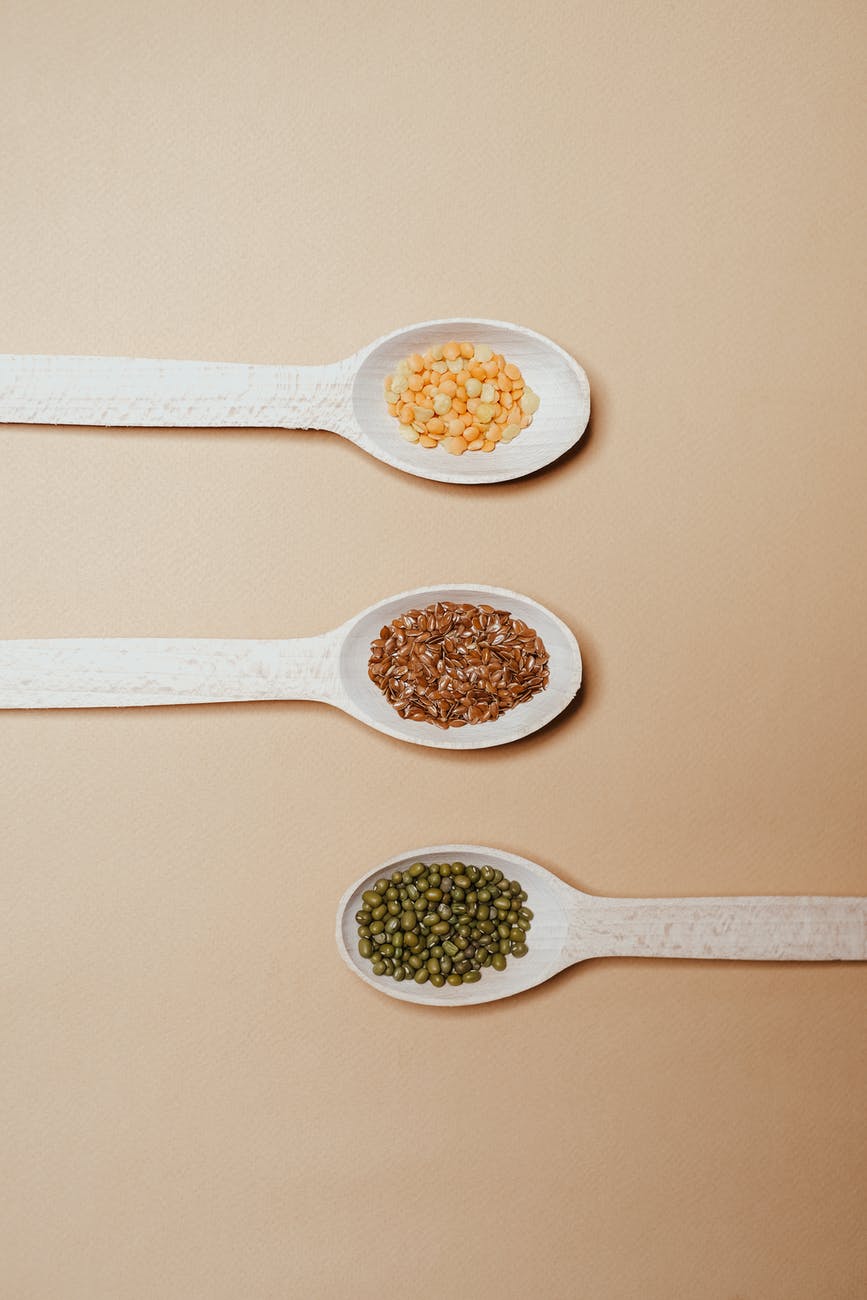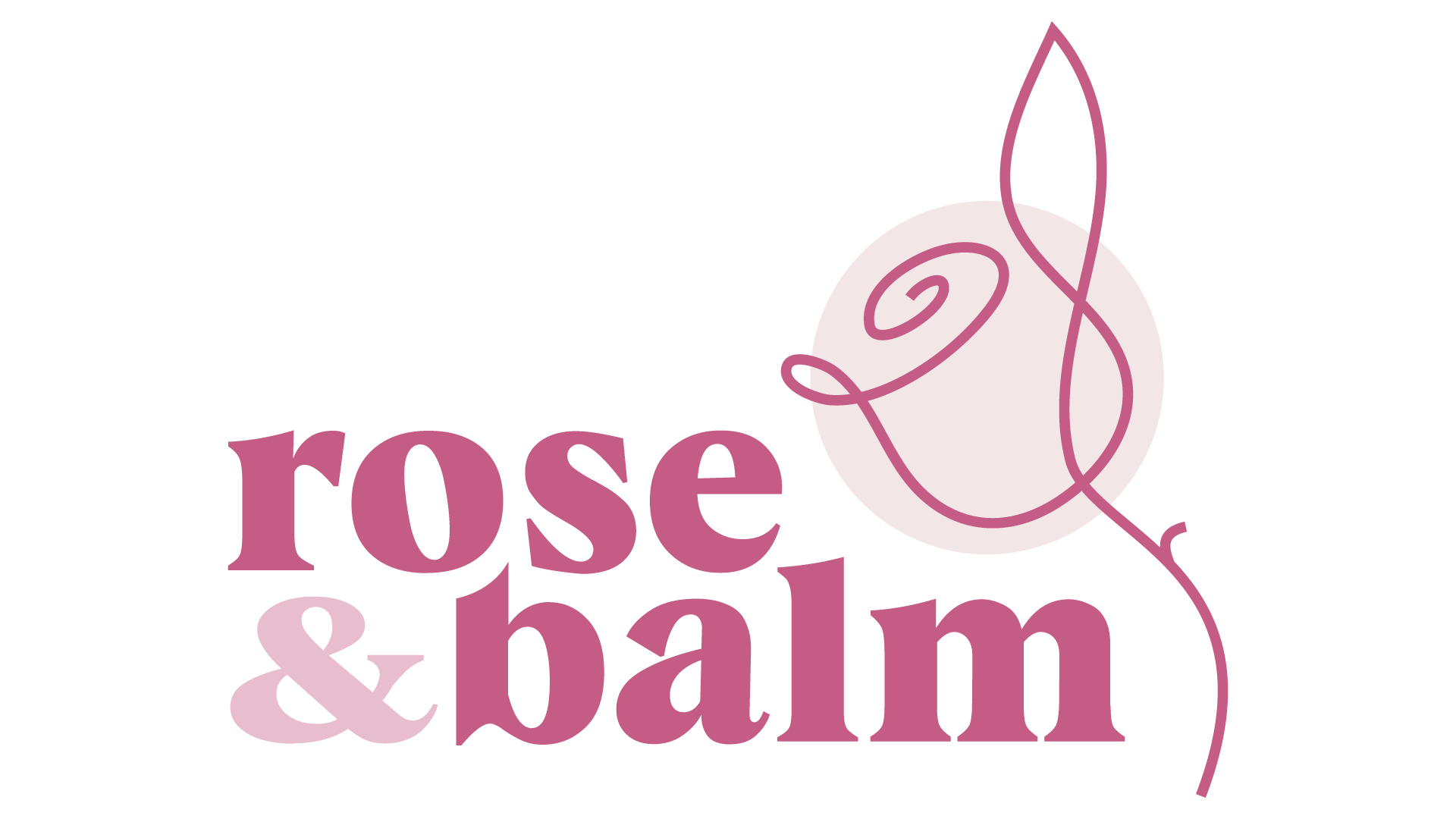Introduction
Menopausal hot flushes and night sweats can be distressing and embarrassing for many women. If you would like a more natural approach to menopause then read on to find out how to manage hot flushes and night sweats.
How Can Hot Flushes and Night Sweats Affect You
Many women experience hot flushes and night sweats during the menopause. Some ladies only have mild symptoms, but for others they can be severe and distressing. Night sweats can disrupt sleep and make you feel drained and exhausted the following day. When we think of the stereotypical menopausal woman, we tend to think of her as hot, flushed, and exhausted.
The frequency and intensity of hot flushes and night sweats can vary. Hot flushes can be mild and occasional but for some ladies they are very uncomfortable and occur many times a day. Night sweats may range from mild and barely noticed to waking during the night drenched.
Why do Hot Flushes and Night Sweats Happen
Leading up to the menopause, the perimenopause, progesterone levels reduce first and then as menopause nears oestrogen levels also lower. Progesterone levels are negligible after menopause and the oestrogen produced is weaker. Hot flushes and night sweats are associated with the lower oestrogen levels. This reduction in oestrogen affects other hormones, such as luteinising hormone, and may interplay with neurotransmitters, such as serotonin, possibly combining to produce symptoms.
When to See Your Doctor
Hot flushes and night sweats can have causes other than the menopause and so it is best to get these checked by your GP. Anxiety and thyroid problems are also common causes of hot flushes and night sweats. Rarely, night sweats can indicate serious diseases, including heart disease and some cancers.
I would encourage all women to see their GP and not just assume that any new symptoms are due to the menopause.
What Can Help
What can trigger hot flushes and worsen night sweats
• Alcohol
• Coffee
• Hot drinks and foods
• Spicy foods
• Dehydration
• Overheating, so try to cool your environment and wear cool, loose clothing
• Being too hot in bed so use cotton bedding
• Stress and anxiety
Top tips
• If you do wake during the night drenched, then sleep on a towel so that you can easily remove it from the bed without needing to change the bedsheets.
• Many women find that drinking cold water can help to stop or reduce the intensity of a flush
• Manage any anxiety or stress. See My Absolute Top 5 Easy Ways to Empower You to Beat Stress Naturally
Include plant oestrogens (phyto-oestrogens) in your diet
• Soya and soya products
• Ground flaxseed – about 1-2 tablespoons per day with plenty of liquid
• Lentils and pulses
• Nuts

Photo by Vie Studio on Pexels.com.
Herbs to Manage Hot Flushes and Night Sweats
- Sage (Salvia officinalis) is used for excessive sweating. It has a long history of use for helping with menopausal hot flushes and night sweats. Sage is a phyto-oestrogen plant containing compounds called isoflavonoids. Isoflavonoids, and other substances found in phyto-oestrogen plants, can influence oestrogen receptors. Avoid sage in epilepsy, pregnancy, and breastfeeding. Take for short periods of time or consume as a herbal tea.
- Red Clover (Trifolium pratense) is another phyto-oestrogen containing isoflavonoids. The hormonal action may be useful for hot flushes and other menopausal symptoms. Found frequently in menopause supplements.
- Wild yam (Dioscorea villosa) also has phyto-oestrogenic compounds called steroidal saponins. Used for several menopausal symptoms including hot flushes. An anti-spasmodic that herbalists also use in irritable bowel syndrome. Steroidal saponins can irritate the stomach lining and worsen acid reflux so take this herb with food.
- Ziziphus (ziziphus spinosa) is used for sweating and night sweats. Used for insomnia associated with anxiety and so this herb may be a useful addition if stress or anxiety is an issue. Avoid if you have diarrhoea.
- Membranous milk-vetch (Astragalus membranaceous) is used for sweats and menopausal hot flushes. A herbal adaptogen traditionally considered to help you adapt and cope with stress. Useful if you also suffer from long term stress and/or fatigue. If you suffer from anxiety this herb may be too stimulating for you. Do not take if you are on immunosuppressive drugs.
- Lime blossom (Tilia spp.) is calming and mildly sedating. Where anxiety is worsening hot flushes then a calming herb is useful. Drink as a lovely tea or blend with other relaxing herbs such as lavender or rose. Leave at least 30 minutes before or after eating or taking iron supplements.
Cautions
Consult a medical professional before using herbal remedies if you:
- Take any medication
- Have a medical condition
- Are pregnant or breastfeeding
Speak to your doctor if you, or a close family relative, have a history of breast, endometrial or hormone related cancer.
To find out how herbs can help you book your free discovery call: https://calendly.com/roseandbalm/free-discovery-call
Disclaimer
This article does not substitute for professional medical advice or treatment


Recent Comments